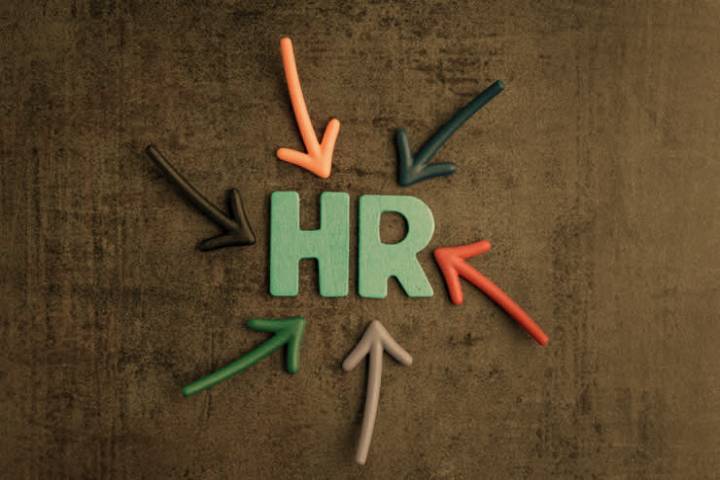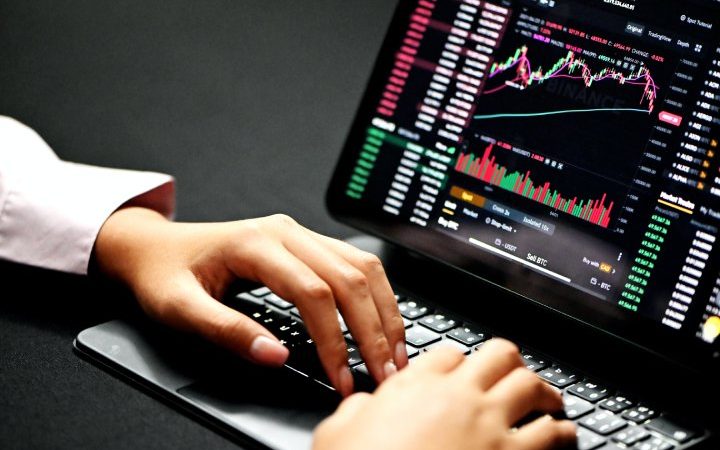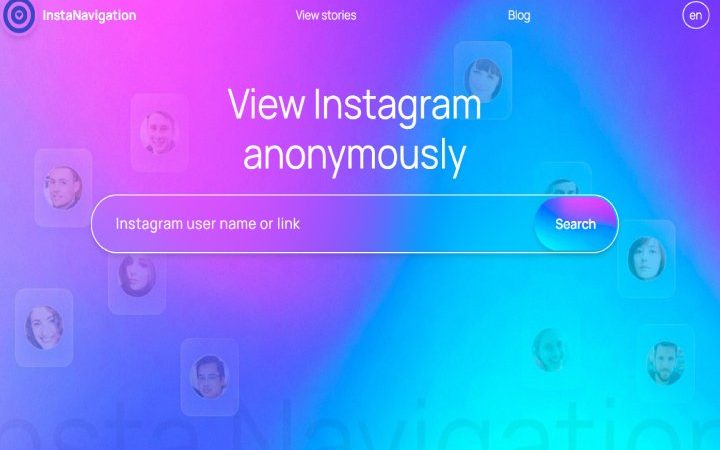Future Of Work HR Has The Keys To Transformation More Than Ever

The health crisis has shown us the importance of organizational resilience in companies. Those who have resisted the best have changed their mode of organization and managerial model rapidly. And who then digitized or accelerated the digitization of their work process. Managers, but more broadly, HR played a key role in their ability to provide teams with more flexibility from this point of view.
Moment. There have already been significant crises, like that of 2008. There will still be others, but Covid-19 had the particularity of affecting everyone, all sectors, and impacting them all simultaneously. While the crisis is not over, some significant facts should be considered to plan better the following steps and better support employees in the “future of work.”
Rethinking The Organization Of Work And The Managerial Model
Teleworking is not the most significant HR development of this period. In any case, this is only the tip of the iceberg: some companies have taken the opportunity to rethink the organization and working time. With the health crisis, we have witnessed a more substantial transformation of companies, driven by HR, which causes change within entities by relying on managers. This collaboration has led to the implementation of good practices:
- They were raising managers’ awareness of the review of individual performance targets. Because how can we maintain performance objectives (before the crisis) without supporting employees in defining each person’s role today, without offering sufficiently efficient documents and tools in their new working environment? Teams must understand what is expected of them and according to what performance criteria to focus again on their mission and the company’s challenges. The time has come for a more open, inclusive managerial culture centered on cohesion. Managers have a role to play in rebuilding employee confidence, while the context remains uncertain.
- The use of digital tools facilitates the implementation of regular feedback. Remote work implies the obligation to formulate honest feedback between peers or between managers and employees on what works and, on the contrary, what does not. The void calls for interpretation, and interpretation calls for error.
- Bring a point of vigilance to the “work-life balance” in the wake of the deployment of teleworking. We can ask ourselves to include domestic work in the calculation of objectives and performance on an equitable basis between women and men. Some countries have focused on reducing gender inequalities in the ratio of working time to household chores. This is the case in China, which is often rightly criticized elsewhere, where women worked during the crisis in the morning and men in the afternoon to share the time necessary to take care of the children.
- Be vigilant about the health of employees. Experience has shown how useful some managers have set up support for employees who have never practiced telework. The lack of social interactions and the lack of information has caused some teams to lose their bearings. To maintain social relations, several HRDs have invested in imagining new traditions in the “relational routine” of employees and cementing the teams: blind test, virtual aperitif, morning coffee but also actions to give back meaning to work: coaching individuals, training, societal commitment.
Managers And HRD Hand In Hand To Drive Change
This dynamic goes first and foremost through the digitalization of the business processes of compensation, leave, recruitment, training to free up time for the HR department and focus on high added value tasks. This transformation necessarily involves implementing tools essential to the proper functioning of teams (facilitating teleworking, automating tasks, equipping employees with the appropriate equipment, etc.). And in particular, to play a support role for the employees in the most significant difficulty. The HR function must exercise its part of scouting and remain alert on upcoming changes to anticipate them and evangelize the practices of their teams.
HRDs must equip themselves to carry out the changes and support managers and employees in this crucial step. The HRIS (Human Resources Management Information System) will allow them to optimize their resources by automating the processes (essential functions), by improving the monitoring of tasks, and by empowering the employee (training, internal mobility, etc.).
The question of implementation, Saas model, on-premise, Paas, all this must be thought out upstream according to the company’s strategic challenges. The challenge of these changes ultimately lies in the capacity of organizations to re-humanize relationships and support managers. And HR has a decisive role in this respect, in their ability to make both the manager aware of the choice of tools and the managers in the deployment of good practices.






